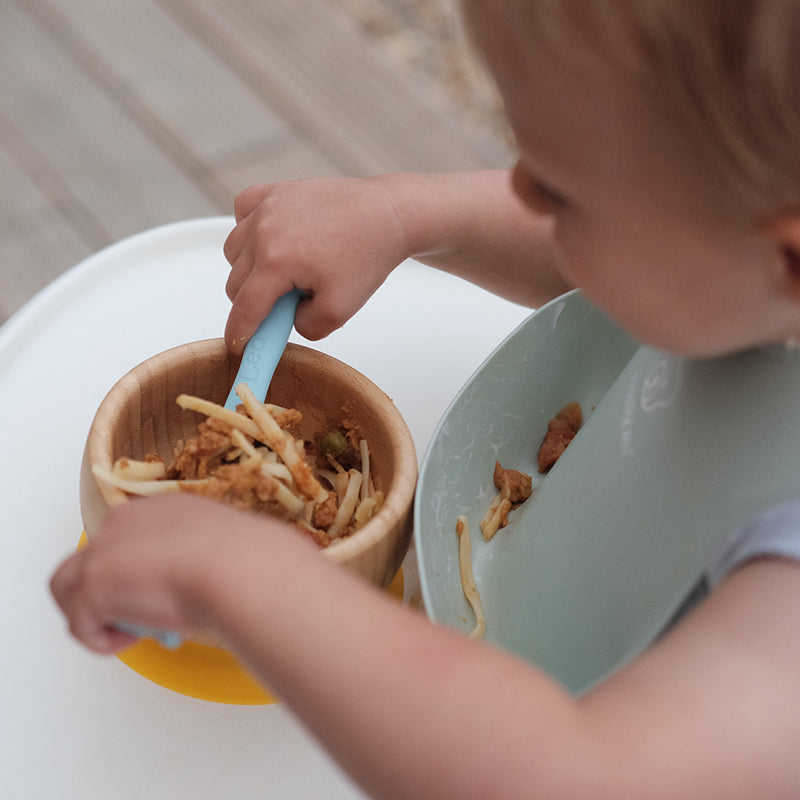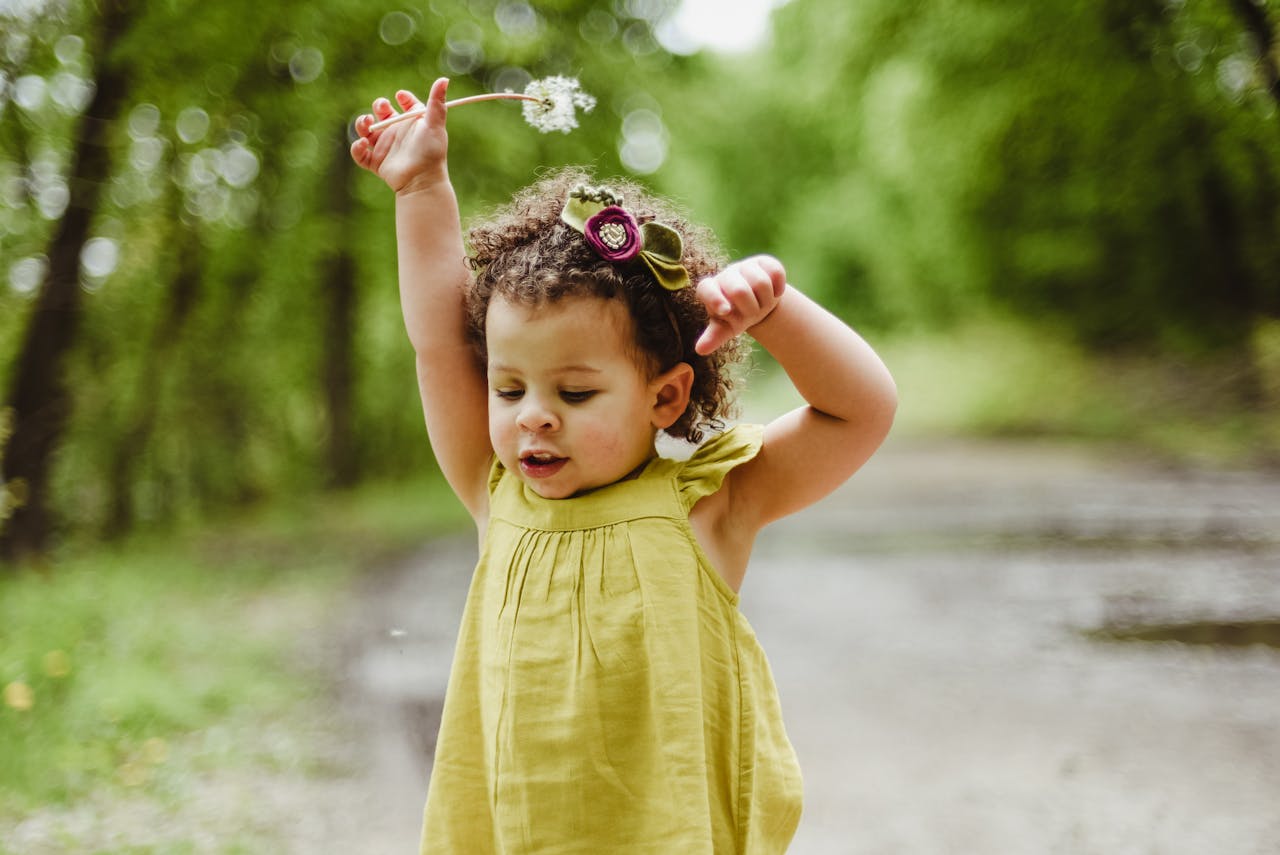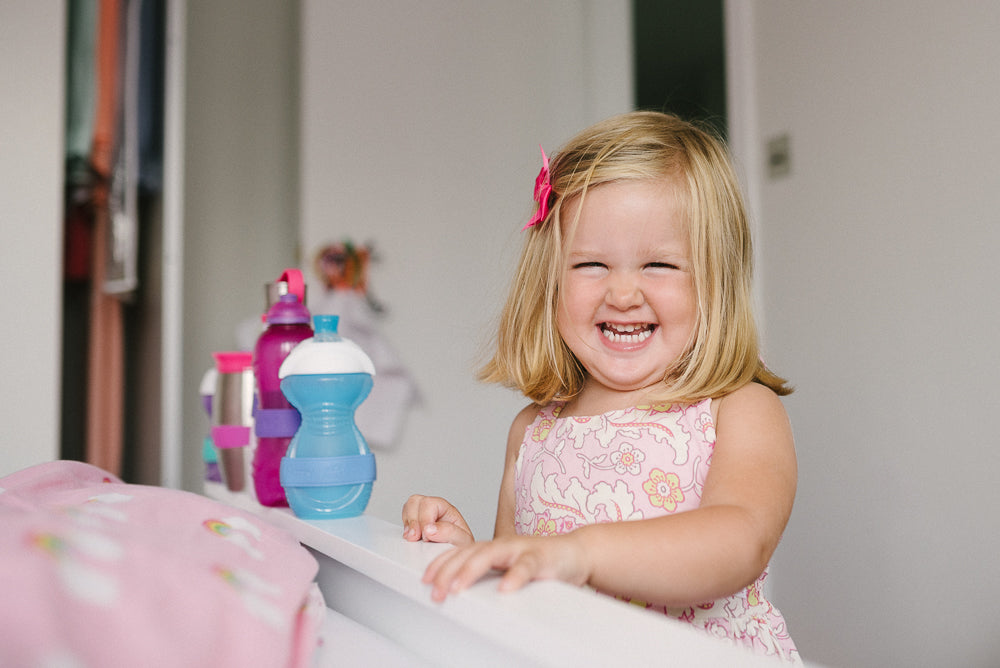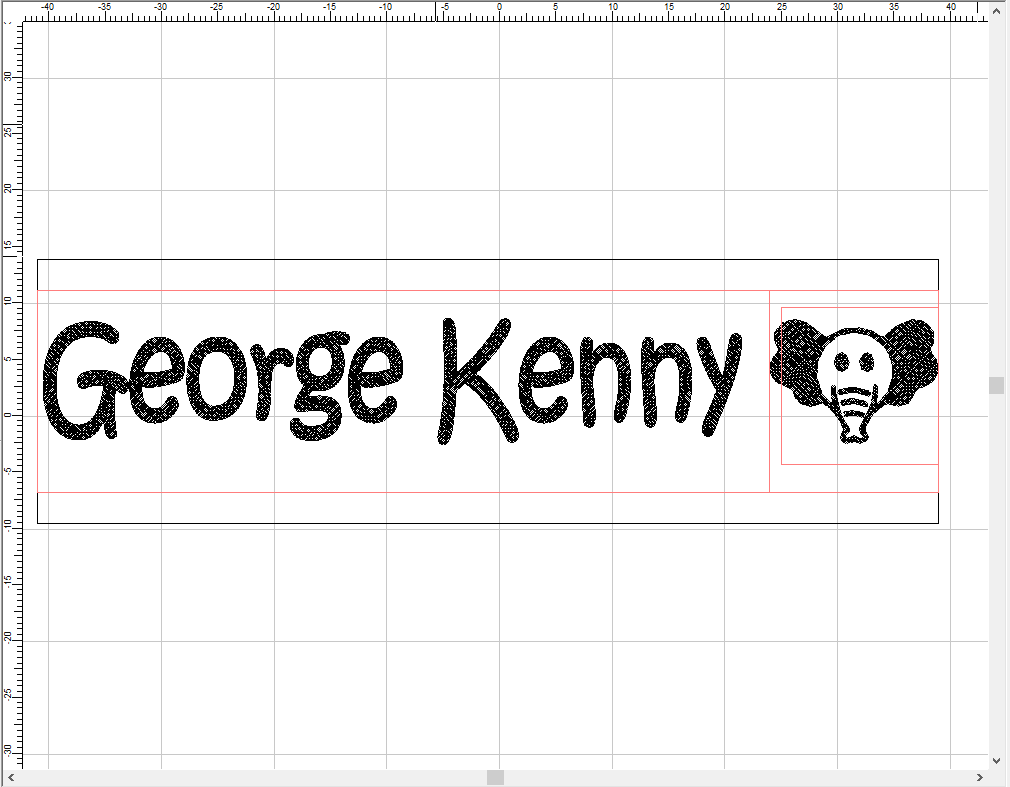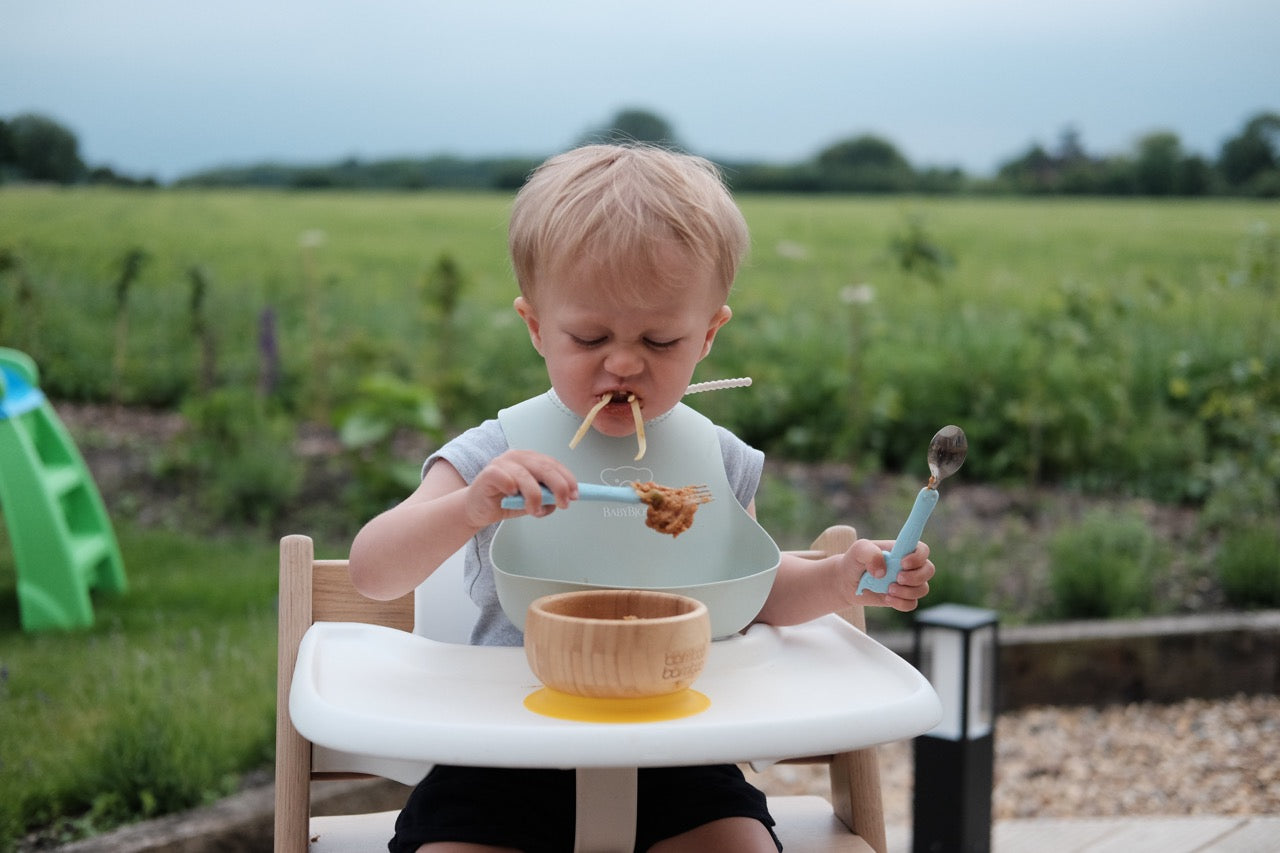Babies do not necessarily need special spoons, but using spoons designed for babies can make feeding easier and safer. Baby spoons are usually smaller and softer than regular spoons, which makes them easier to handle and gentler on a baby's delicate gums and teeth. They may also be made with materials that are safe for babies, such as BPA-free plastic, silicone, or stainless steel. Additionally, some baby spoons may have features such as a longer handle or a curved shape to make it easier to feed a baby.
What age can you stop Sterilising baby spoons?
The age at which you can stop sterilising your baby's spoons depends on your baby's health and age, as well as your personal preferences. Generally, if your baby is healthy and around 6 months old, you can stop sterilising their spoons as their immune system will have developed sufficiently by then. However, it is still important to wash the spoons thoroughly with hot, soapy water before each use to ensure they are clean and safe for your baby. If your baby has a weakened immune system, it may be recommended to continue sterilising their spoons for a longer period of time. It's always a good idea to check with your paediatrician if you are unsure about when to stop sterilising your baby's utensils.
Is it good to use a silicone spoon for my baby?
Silicone spoons are a great option for feeding your baby. They are soft and gentle on your baby's delicate gums, making them more comfortable to use than metal or hard plastic spoons. Silicone is also easy to clean, non-toxic, and can withstand high temperatures, so it is safe to use in the dishwasher or steriliser. Additionally, silicone spoons are less likely to scratch or damage delicate surfaces like glass baby food jars, which can be a concern with metal spoons.
________
You can find more information and purchase our baby spoon on our website. We're confident that our baby spoon will be a great addition to your baby's feeding routine.


